TRAI seeks to develop unified QoS regulatory framework in DAS era
With multiple addressable platforms in the market and service delivery through several large and small service providers, there is a need to harmonise existing Quality of Service (QoS) regulations and formulate unified regulations for all addressable platforms.
The Telecom Regulatory Authority of India (TRAI) has undertaken several measures to protect the interest of consumers while facilitating the availability of broadcasting and television distribution services at affordable and competitive prices. In order to enhance the delivery of services to the consumers and also to protect their interests, TRAI has in the past issued Quality of service regulations for different delivery platforms such as Cable TV, DTH, etc. The first QoS regulations for distribution of TV channels were issued on August 23, 2006 to regulate the quality of service of cable television services in the CAS areas. Subsequently, QoS regulations for DTH services were issued in 2007. Similar regulations were issued for cable TV services in non-CAS areas in 2009, followed by the issue of such QoS regulations for digital addressable Cable TV in 2012.
The objectives of current consultation:
- To develop a unified QoS regulatory framework for all addressable TV platforms (DTH/ Cable TV/ HITS/ IPTV) bringing in enhanced efficiency and transparency.
- To ensure protection of consumer’s interests by making them aware of the choices of services, terms and conditions of services, ease of subscription and speedy redressal of complaints.
- To ensure orderly growth and a level playing field for overall development of the broadcasting sector
- To encourage the use of Information Communication Technologies (ICT) towards improving the QoS.
The QoS regulations for digital addressable systems (DAS & DTH) broadly include provisions related to procedure for connection, disconnection, reconnection, and transfer & shifting; complaint redressal mechanism; protection against change in composition of the subscription package; set top box; billing & payments; manual of practice; technical standards; inspection and audit, etc.
Quality of Service (QoS) and Quality of Experience (QoE) are two important aspects related to performance of communication services.
Technical standards for delivery of broadcast TV signals over various distribution networks and for associated equipment are developed and notified by international/ national standardisation bodies such as Digital Video Broadcasting (DVB), European Telecommunication Standards Institute (ETSI), International Telecommunication Union (ITU), Bureau of Indian Standards (BIS), etc. The equipment used in the broadcasting chain are standardised to comply with the relevant technical standards that ensure compatibility. The Distribution Platform Operators (DPOs) have to follow the provisions of these standards.
This helps ensure good quality signal and services to the consumers. As far as the technical framework for QoS is concerned, emphasis will be on ensuring applicability of relevant standards and use of standardized equipment rather than on re-defining aspects relating to the parameters.
TRAI has in the past issued various regulations, tariff orders, directions, etc., for ensuring quality of service and consumer protection. Absence of a consistent uniform across various platforms will create complexities in reporting, audit and monitoring that would not serve the purpose and interest of either the consumer or the industry. As is appears, there emerges a good need for a uniform regulatory framework with consistent provisions for addressing the issues related to QoS and consumer protection across all addressable platforms.
Non-availability of channels on platform
Instances have been reported wherein the composition of the service is changed by the DPOs by dropping channels from the subscribed bouquet without informing the subscriber. Also sometimes, a new channel is substituted in place of an earlier subscribed channel that is now dropped without seeking consent of the subscriber. The present regulatory provision lays down that in case a subscribed channel is likely to become unavailable on the DPO’s platform then, the subscriber must be intimated in advance and the DPO is required to publish a notice to this effect in the newspapers. Another channel of similar genre can be offered as a substitute channel, subject to the consent of the subscriber. If the subscriber chooses not to give such a consent then he is to be accordingly compensated.
The existing norms prescribe that once a channel is dropped from the platform, an alternate channel of similar genre can be offered to the subscribers, subject to the subscriber’s acceptance of the offer. In the current scenario such acceptance may be obtained through various digital communication means such as SMS, email, IVR provisions etc. or through other methods.
In case a subscriber does not accept the offered substitution and the channel continues to be unavailable for say more than 24 hours period; the DPO may reduce the subscription charges appropriately for the dropped channel for the said duration. The calculation of reduction may be related to a-la-carte price of the channel, average price per channel price calculated over all channels in that bouquet or relate to the proportionate a-la-carte price value of the channel in that bouquet. A framework for reduction of subscription charges for dropping of channel due to its non-availability on the platform needs to be worked out while keeping in mind the interests of the DPOs and also the subscribers.
Disruption in service
The signals from distribution networks of the service providers may also undergo disruption due to various reasons. It can be due to a planned maintenance activity or due to technical faults in the distribution networks or due to any other force-majeure.
It has been observed that a large number of complaints from the subscribers originate due to disruption of services. In case the of disruption has arisen due to planned maintenance activity in the network of DPO, the subscribers may be given an advance notice indicating expected time and date of resumption of service. As per the existing provision, a minimum time period of at least 15 days of notice has been prescribed. The subscribers may also need to be required to be suitably compensated by waiving of the subscription charges during the period of disruption of services. In case a disruption is caused by sudden technical failure in the DPOs network, and if such disruption of service continues for a longer period, say more than 24 hours, the subscribers’ interests are required to be protected by suitably compensating them for the period of such disruption in of services.
Disruption may also arise due to a technical fault of CPE at the subscriber’s end. Such faults need to be rectified as early as possible by the DPOs. As per existing regulatory provisions, majority of the no signal related complaints (more than 90%) from subscribers are required to be redressed within 24 hours from the of receipt of a complaints. In case, during the redressal process it is found that fault related to CPE may require further time for time repairing/ replacement as the case may be, it may be in consumer interest that till such time the services are restored, no subscription charges may be charged from the subscribers except for the CPE rent of CPE, if applicable.
In case of a disruption in service due to any other force-majeure causes, it may be reasonable that DPOs and subscribers may be indemnified of their liabilities towards maintaining the services for the said duration of disruption. Sufficient cause to such force-majeure disruption may need to be shown so as to protect the interest of the subscriber as well as the DPO.


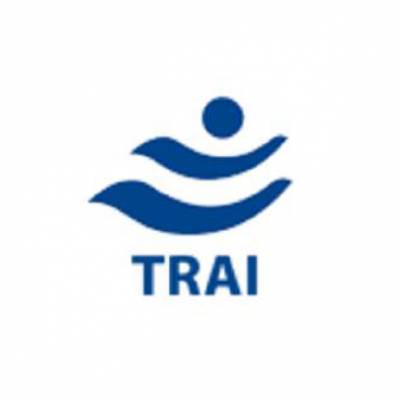
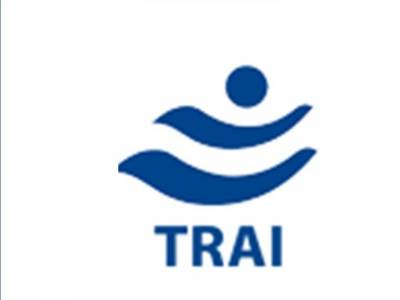

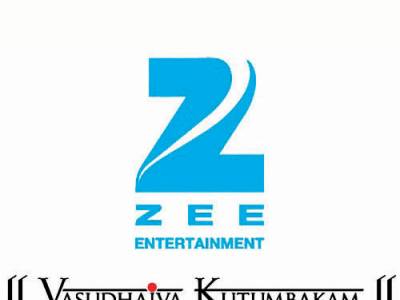

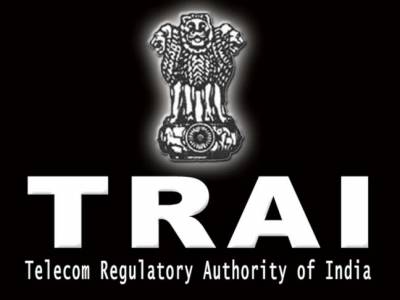

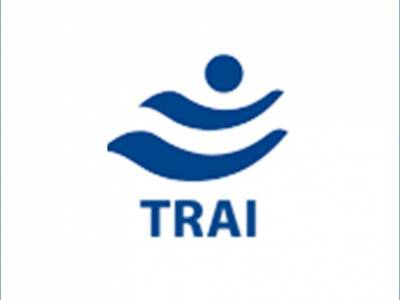
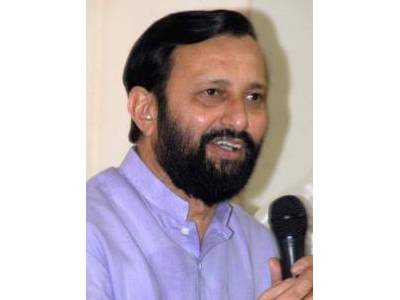


Share
Facebook
YouTube
Tweet
Twitter
LinkedIn